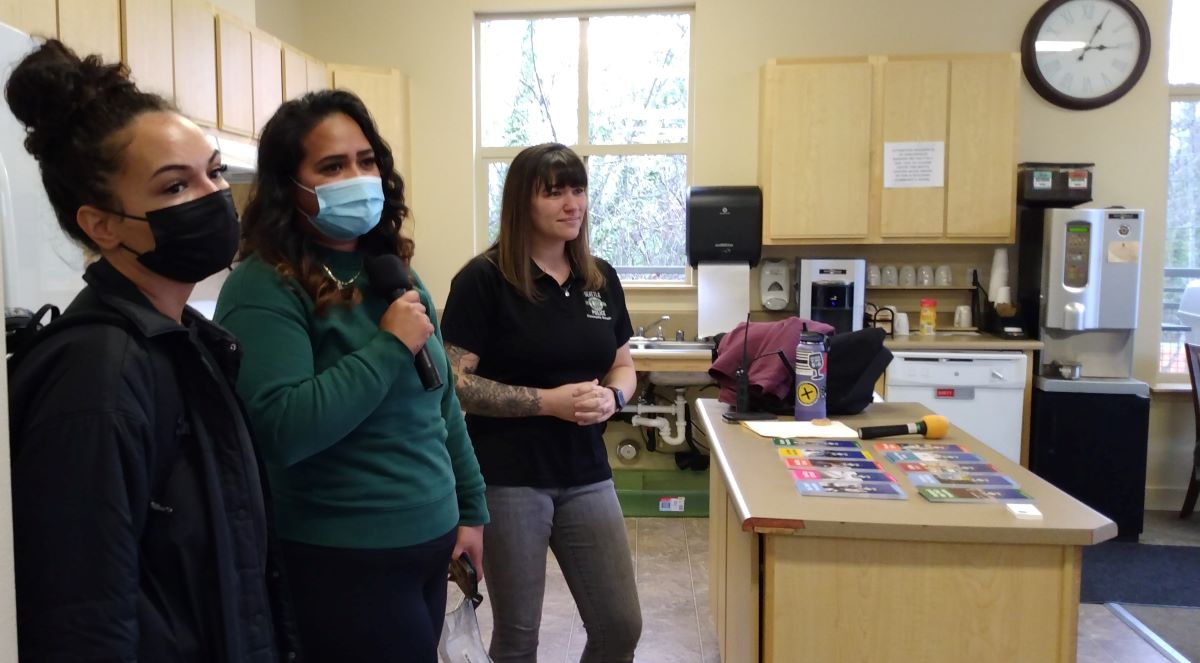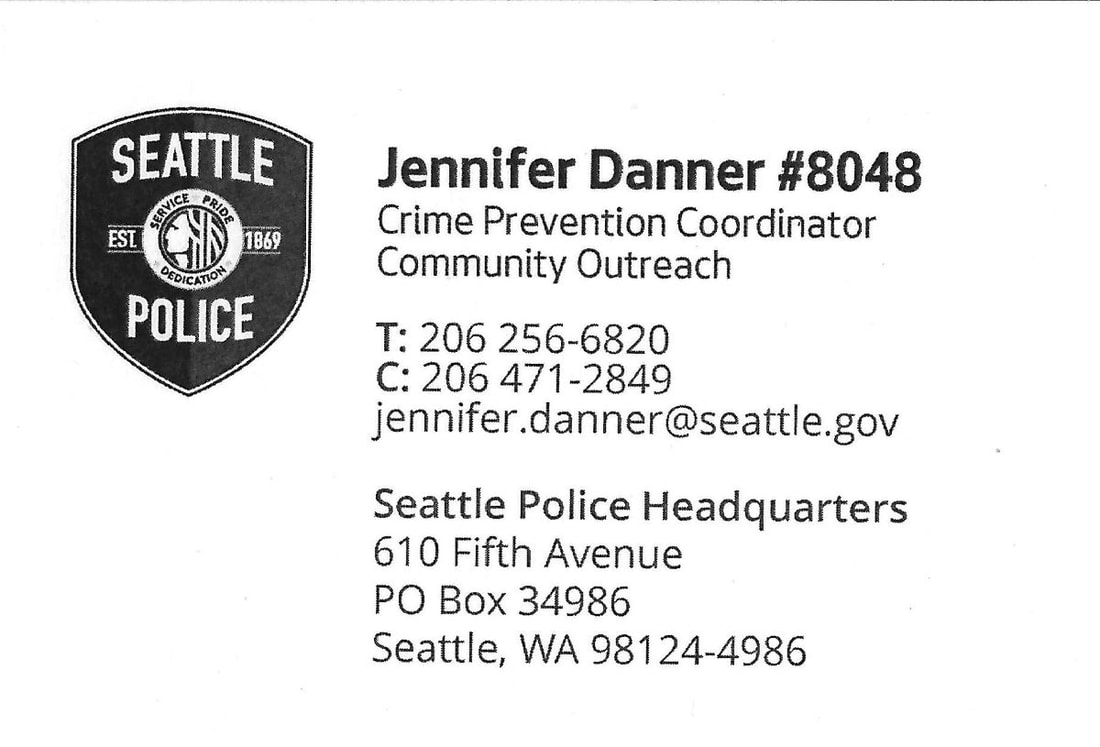My name is Brian Nielsen. I am the Regional Administrator with the Washington State Department of Transportation’s Northwest Region which includes Seattle and King County. I am responsible for overseeing all aspects of state right of way within the Region.
My understanding is that those of you on this email represent the Arrowhead Gardens Block Watch, Highland Park Action Committee and Camp 2nd Chance Community Advisory Committee. I would like to share information more broadly with the entire Arrowhead Gardens community and neighbors in proximity to the Myers Way encampment and would appreciate it if you might be willing to share this email with them on behalf of WSDOT and our partner agencies.
Your help would be greatly appreciated.
Sincerely,
Brian
I want to share with you information and next steps as it relates to the encampments on Myers Way. The Washington Department of Transportation (WSDOT), Washington State Patrol, King County Regional Homeless Authority and the City of Seattle collectively agree that this site is our top multijurisdictional site to address. Operational teams are coordinating a site resolution plan.
Our teams are working together to determine next steps to address the site and those living there unhoused. This work requires a multi-agency approach as the encampment is spread across both WSDOT and City property and we know from experience that close coordination is the best way to resolve these sites for the short and long term. Actions currently underway include:
Site stabilization
- WSDOT, in coordination with partners, will assess the location to determine where we might make changes to better manage ingress and egress to the site to prevent further growth and better manage access.
- The City of Seattle is onsite providing litter picks and trash mitigation at this site several times a week.
- Assess housing and shelter availability and options within the current system.
- KCRHA’s outreach providers are onsite regularly to engage and work with the people experiencing homelessness, ensure connections with services and prepare for housing when resources become available.
- Outreach staff will also provide assistance to ensure that any barriers to housing, such as obtaining identification documents, are addressed ahead of time so that people may move into housing immediately when resources become available.
Although the circumstances and conversation regarding the encampment are challenging, I am committed to sharing the parameters in which our agency operates transparently. I also very much appreciate your concerns and understand that you have questions. Please know that we hear your concerns and are working with urgency. We are not currently in a position to share a definitive timeline for site resolution, but we would like to provide timely updates for your community as they are available. I will share more information next week.
On behalf of WSDOT and our partner agencies—Washington State Patrol, King County Regional Homeless Authority and the City of Seattle—I appreciate your time and will be in touch.
Sincerely,
Brian Nielsen, PE
Regional Administrator
Northwest Region
WA State Department of Transportation
PO Box 330310 I 15700 Dayton Avenue North, NB82-101 I Seattle, WA 98133
Office: (206) 440-4692 I email: [email protected]
Asst: Eloise Balogh




 RSS Feed
RSS Feed